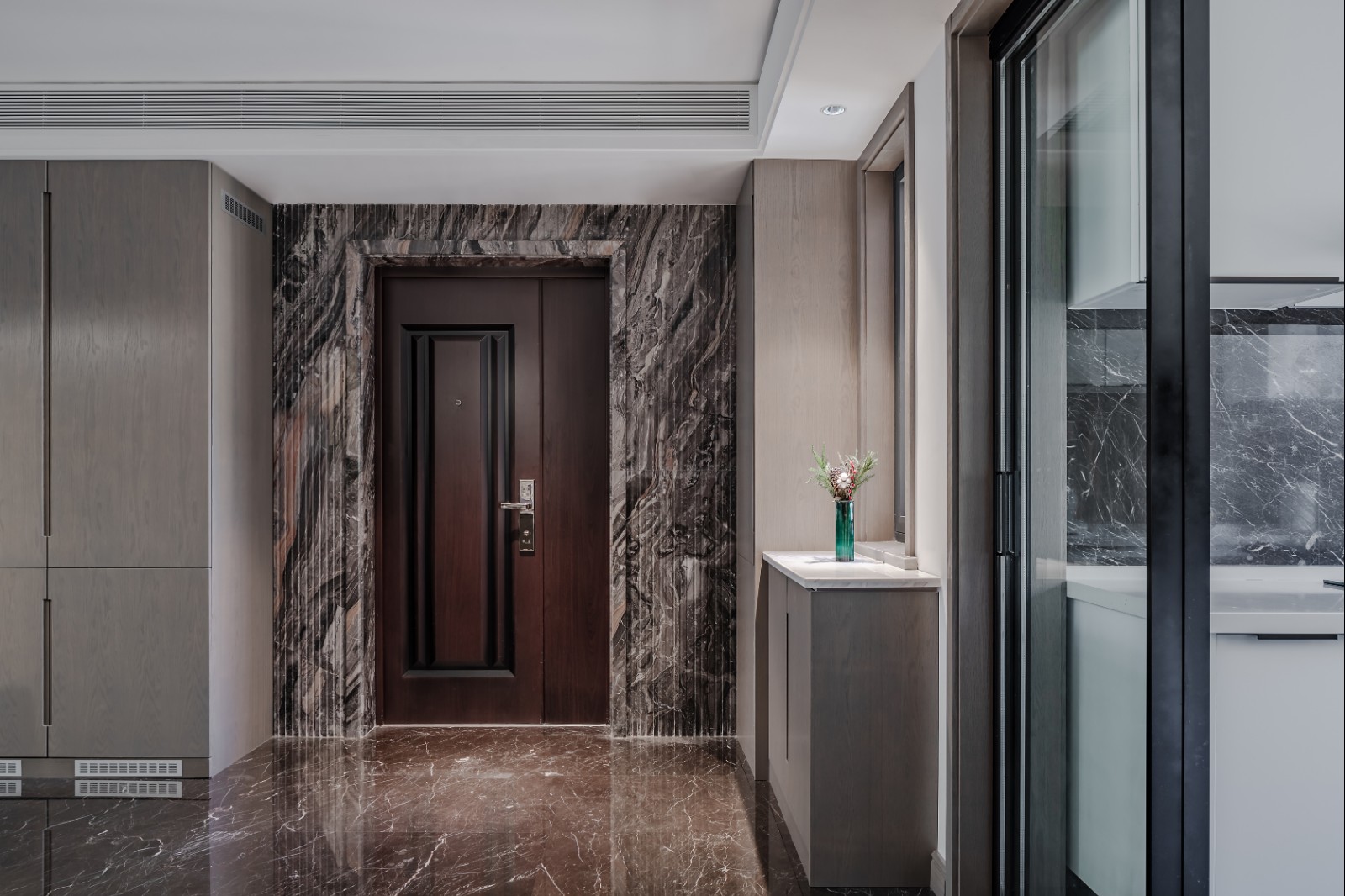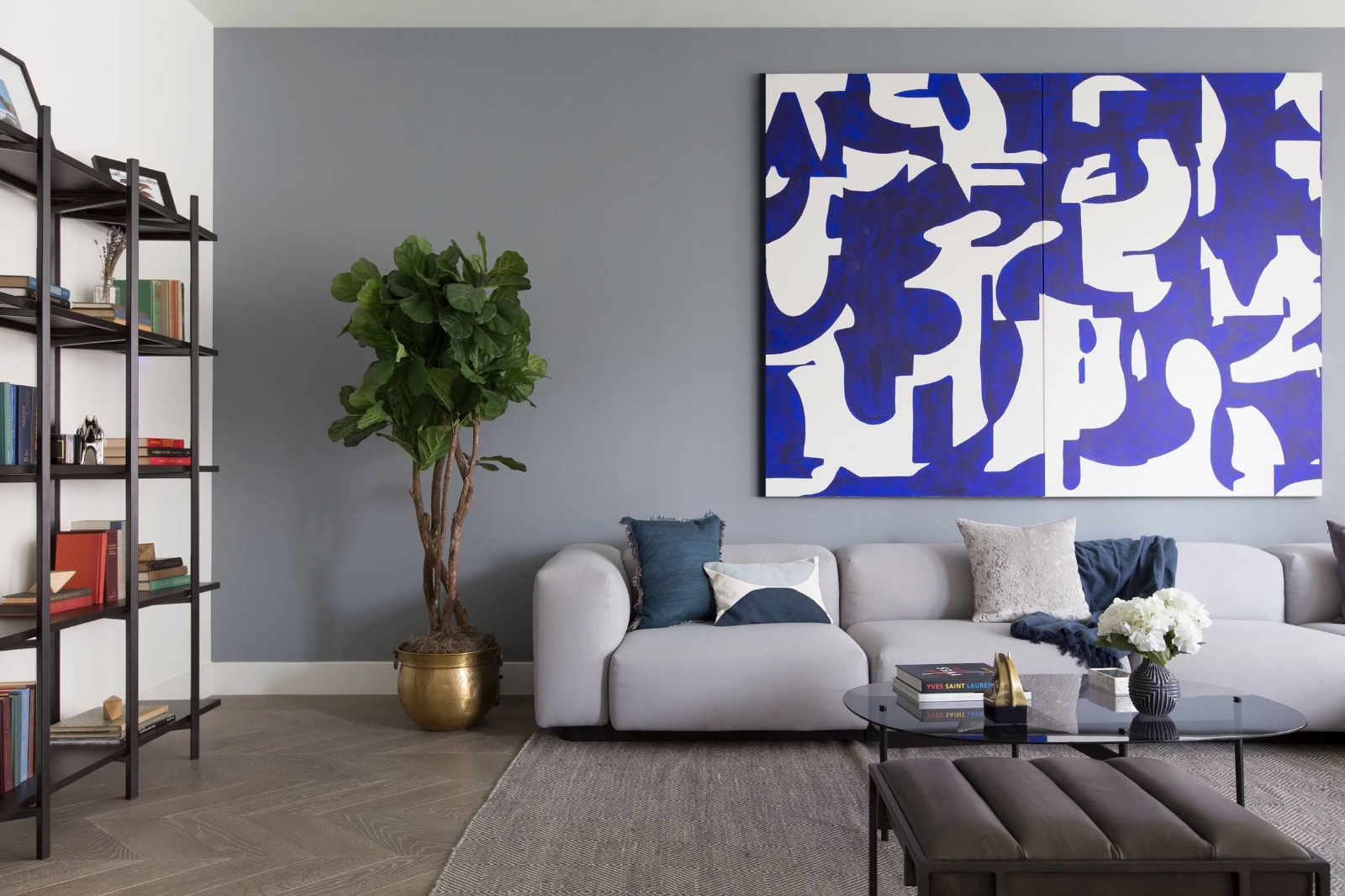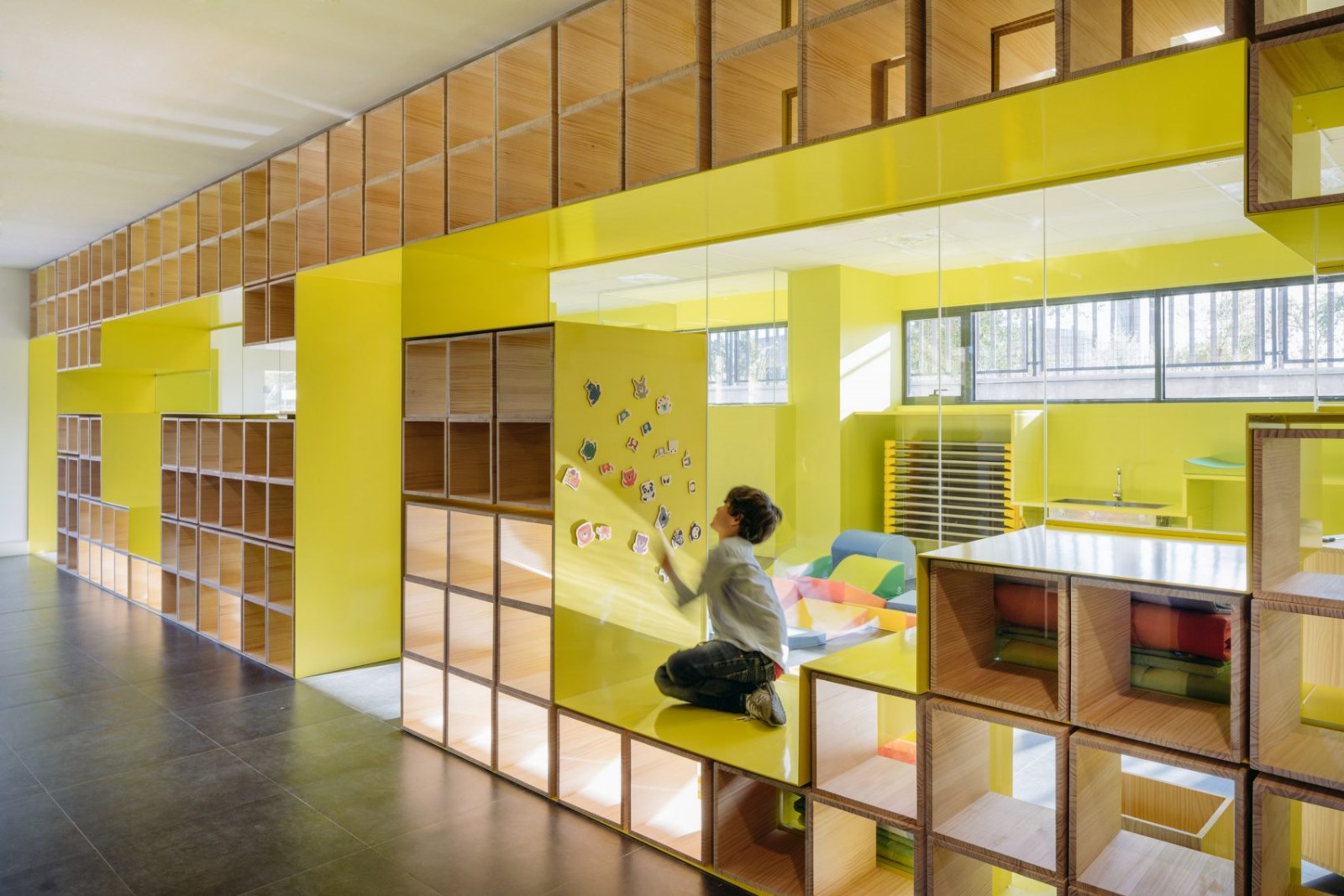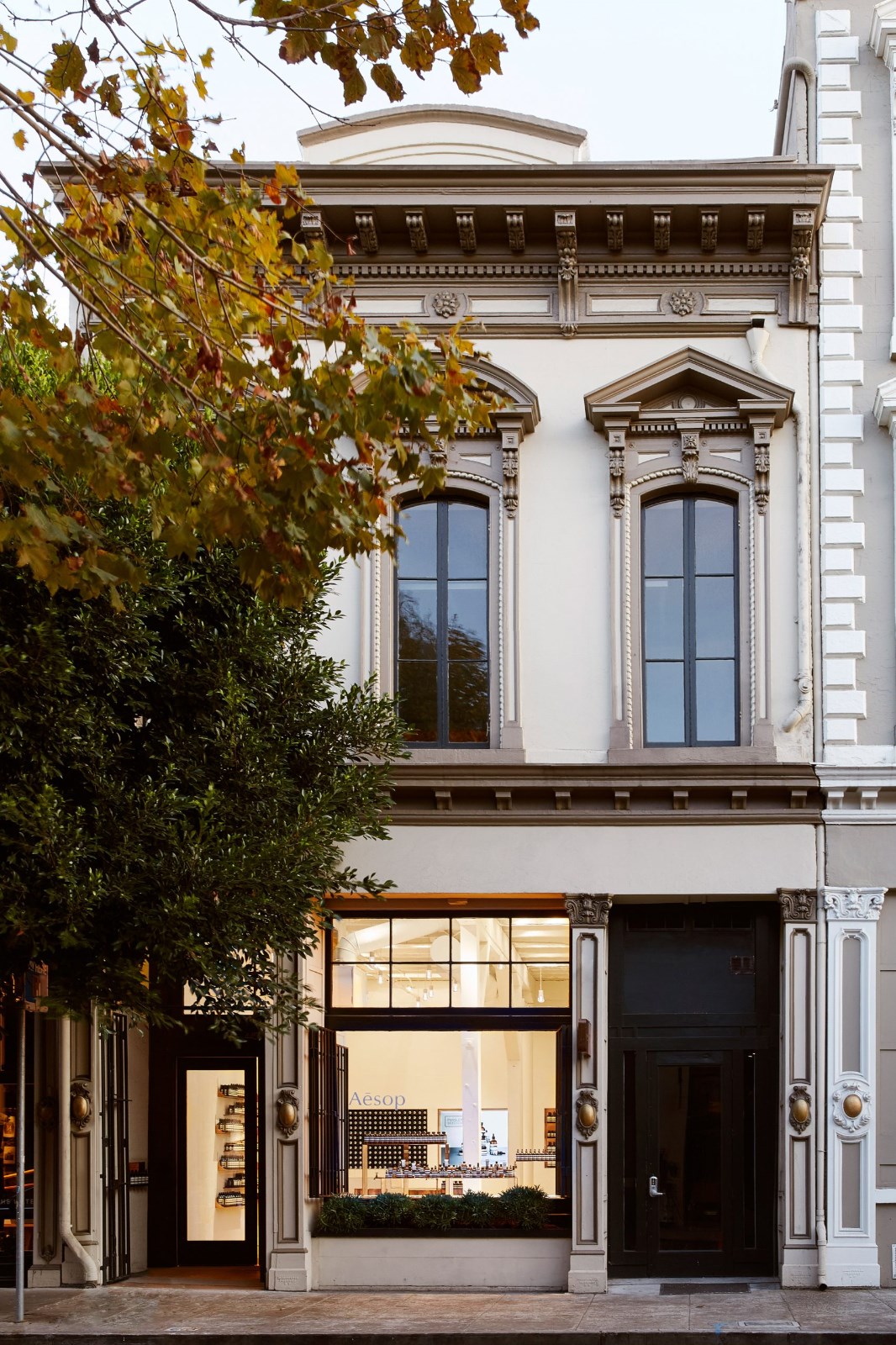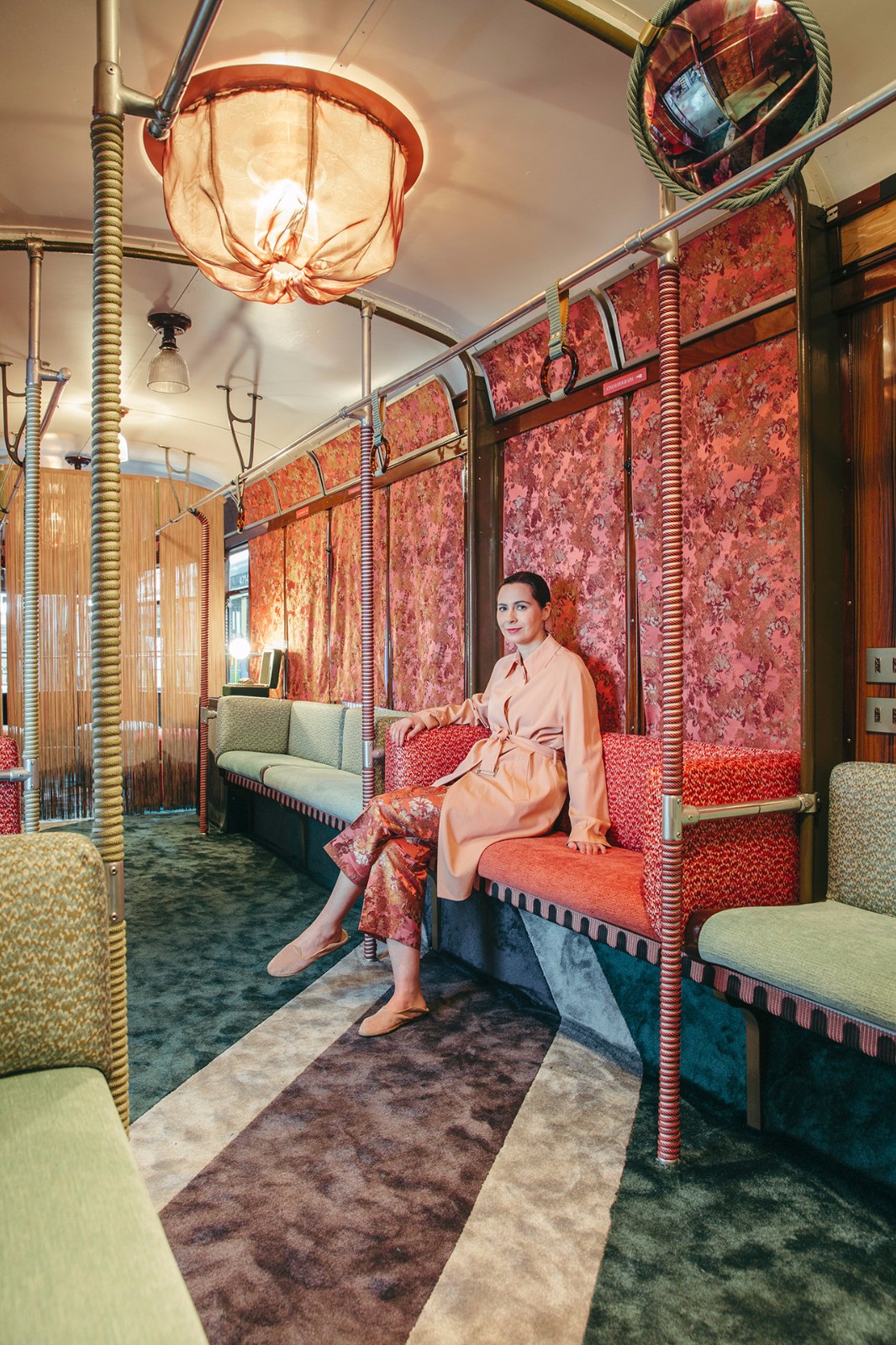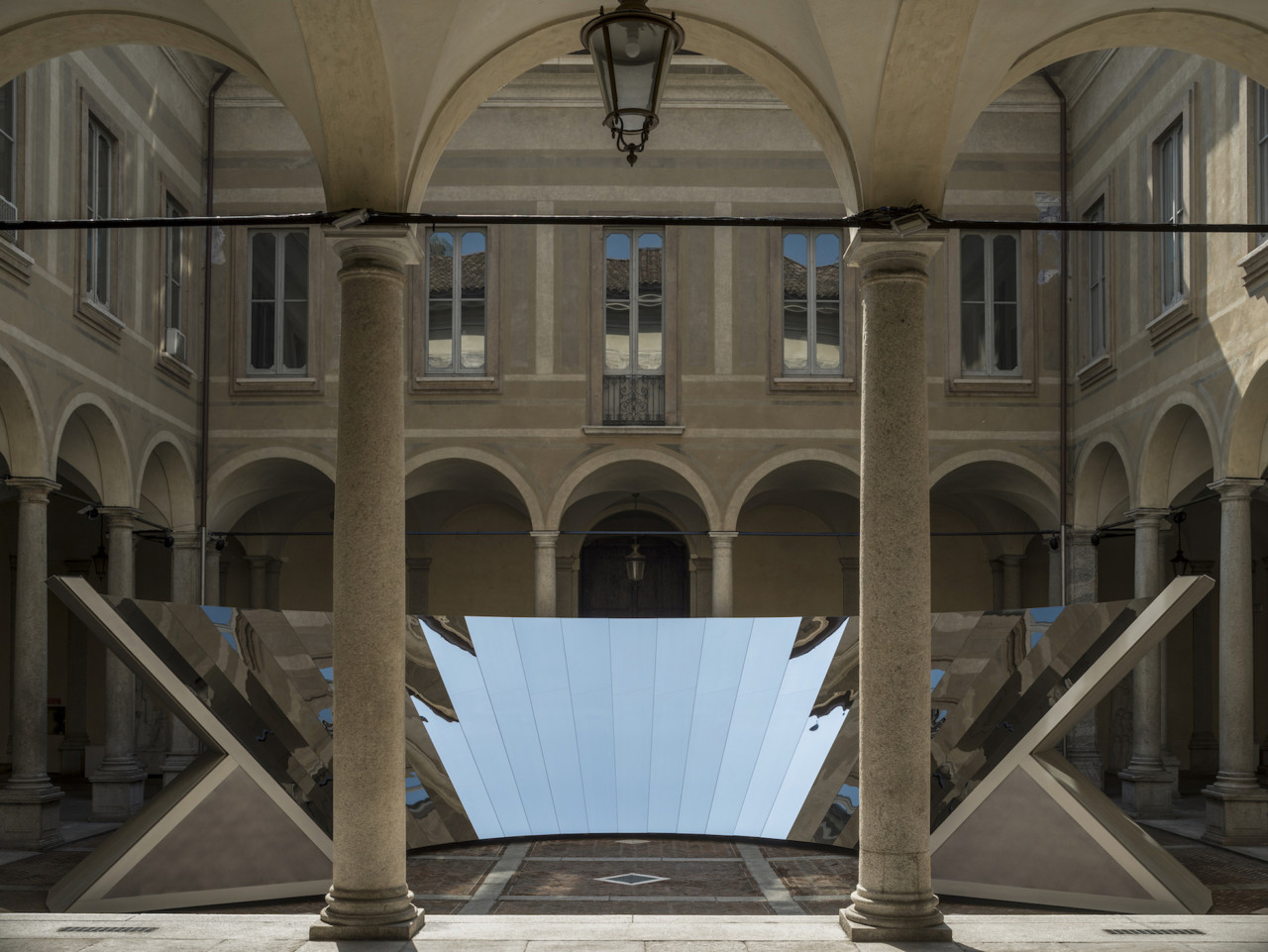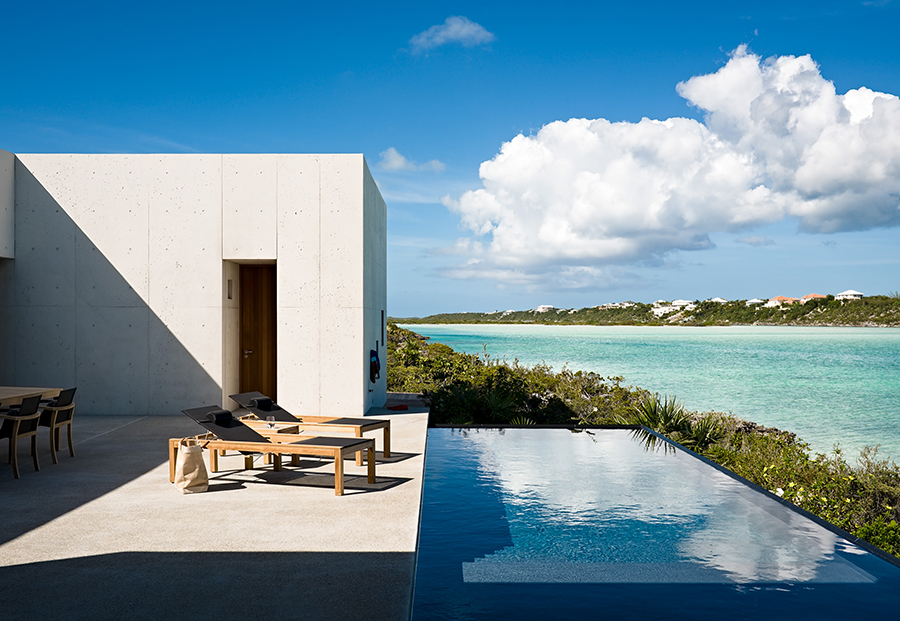Jesus Mestre Chapel Site Specific Arquitectura
2016-05-02 11:00
© do mal o menos
做正常的活动


架构师提供的文本描述。这是一个教堂,或者说是一个小教堂,建在一个特定的房子里,专门为特定的人而建-圣保罗市圣公会兄弟会(Instituto Camrio Pio Sociedade De S O Paulo)。该项目简介所依据的原则不一定是一致的:它应该是一个由许多家庭组成的房子的中心区域;一个祈祷和交流的空间;一个亲密和集会的地方。
Text description provided by the architects. This is a chapel, or a small church, built in a particular house for particular people – the brotherhood of Instituto Missionário Pio Sociedade de São Paulo. The project brief is based on principles that don’t necessarily concur: it should be the central area for a house of many homes; a space for prayer and for communication; a place of intimacy as well as assembly.
© do mal o menos
做正常的活动


这座教堂是耶稣大师的圣堂,坐落在里斯本郊区apela o的Quinta Rainha dos APóstolos内。这是一个乡村地块,俯瞰着向塔古斯河敞开的宽阔山谷,该研究所从1970年代起就一直坐落在那里。现有的建筑群包括一对长4层的大楼,座落在一楼的讲台上,最初用作仓库。这是选择的地区定位的小礼拜堂,利用它的中心位置相对于空间居住,工作,欢迎和祈祷。因此,小礼拜堂在物质上和象征上都是研究所的核心;它提供了兄弟会成员之间的联系,并通过出版/传教活动接触到更广泛的非信徒社区。
The chapel, consecrated to Jesus Master, sits within Quinta Rainha dos Apóstolos, in Apelação, on the outskirts of Lisbon. This is a rural plot, overlooking a broad valley open to the river Tagus, where the Institute has been located since the 1970s. The existing complex includes a pair of long 4-storey blocks sitting on a ground-floor podium, originally used as a warehouse. This was the area chosen to locate the chapel, taking advantage of its central position in relation to the spaces where to live, to work, to welcome and to pray. The chapel therefore operates as the heart of the Institute, both physically and symbolically; it provides the link between members of the brotherhood and reaches the wider lay community through their publishing/ missionary activities.
© do mal o menos
做正常的活动


该项目重复使用现有建筑,旨在为其提供新的意义;这是通过严格的设计过程完成的,这依赖于体积的简单性、自然照明和拟议材料的固有质量。混凝土结构保留,裸露和不完善,但仍然适合,并在某种程度上提升了新的环境。这个房间被展示为一个整体和广阔的空间,没有诡计或过度:一个背景,以加强和传授的礼拜仪式配件,以神圣和神学的感觉。
The project reuses the existing building and aims to provide it with a new meaning; this is done through a process of austere and rigorous designing, which relies on the simplicity of volumes, natural lighting and inherent qualities of proposed materials. The concrete structure is retained, bare and imperfect but suitable nevertheless, and somehow up-lifted by the new context. The room is revealed as a whole and wide space, without artifice or excess: a backdrop for the liturgical fittings to enhance and impart with a sacred and theological sense.
© do mal o menos
做正常的活动


其中,中央祭坛非常突出。这是用实木建造的,没有老人院的轮廓-这是一个所有人都可以居住的地方,没有等级制度。与讲坛一起,这使礼拜仪式的庆祝活动有了广泛的布局和不同程度的亲密关系:社区兄弟聚集在祭坛周围、花园后面(向北/向南)的私人庆祝活动;定期举行的非专业集会庆祝活动(沿纵轴举行,庆祝者面向西方);以及充满教堂的节日庆祝活动(向北/向南)。
Among those, the central altar stands out. This is built in solid timber, with no delineation of presbytery - a place for all, without hierarchies. In conjunction with the pulpit, this allows a wide range of layouts and different degrees of intimacy for liturgical celebrations: private celebrations with community brothers gathered around the altar with the garden behind (orientation north / south); regular celebrations with lay assembly (placed along the longitudinal axis with the celebrant facing west); and festive celebrations that fill the chapel (orientation north / south).


十字架是作为庆祝活动和建筑物的组成部分而设计的。它是通过一个联锁接头与混凝土结构相连的,但可以在游行中脱离,从而标志着庆祝活动的开始和结束。
The Cross is designed as an integral part of the celebrations and the building. It is physically connected to the concrete structure through an interlocking joint, but can be disengaged to be carried in procession, thus marking the beginning and the end of celebrations.
© do mal o menos
做正常的活动


内部空间以两个细木工元素为标志,两者都具有明确的礼拜功能:西侧的圣礼,包括向花园开放的忏悔室和南侧的隔墙,构成了耶稣十字架之路的描绘。这堵墙并没有完全包围礼拜堂:它使整个房间被视为一个整体,通过窥见它后面的走廊,提供现有建筑物之间的连接。
The internal space is strongly marked by two joinery elements, both with clear liturgical function: the sacristy to the west side, which includes the confessional booth open to the garden, and the partition wall to the south side, which frames the depictions of Jesus Way of the Cross. This wall does not enclose the chapel completely: it allows for the room to be perceived as a whole, through glimpses of the corridor behind it providing connection between the existing buildings.
© do mal o menos
做正常的活动


向北的外部空间复制了教堂的体积。这个区域不仅仅是一个花园,它是作为祈祷空间的延伸而设计的。整体的一部分,通过几何和物质,它增加了水和植被的简单设置。公众可以从南方进入教堂,由一扇木门和刻有十字架和铃铛的木门识别,两者都是按照该项目的一般原则设计的。
The external space to the north replicates the volume of the chapel. More than a mere garden, this area is designed as an extension to the praying space. Part of the whole through geometry and materiality, it adds water and vegetation to the simplicity of the set. Public access to the chapel is granted from the south, identified by a timber door with an engraved cross and a bell, both designed in line with the general principles of the project.
© do mal o menos
做正常的活动


这个简短的描述需要包括对这个兄弟会的特别奉献者的描述。这些从一开始就被认为是设计的一部分,而不是后来的补充。最初的艺术作品是由Bartolomeu de Gusm o在墙上和细木工表面现场执行的,在空间和宗教社区之间创造了一种紧张的全球关系。空间和填充空间的元素一起向用户传达了一个清晰而关键的信息-增强了赋予原始佣金的归属感和共享感。
The brief required depictions of particular devotions of this brotherhood to be included. These were considered from the start as part of the design, instead of later additions. Original art work was executed in situ by Bartolomeu de Gusmão, on walls and joinery surfaces, creating an intense and global relationship between the space and the religious community. Together, the space and the elements that populate the space convey a clear and critical message to its users – reinforcing the sense of belonging and sharing that imbued the original commission.
© do mal o menos
做正常的活动


















































































Architects Site Specific Arquitectura
Location 2680 Apelação, Portugal
Category Chapel
Architects Patrícia Marques, Paulo Costa
Team Simão Botelho
Area 350.0 sqm
Project Year 2015
Photographs do mal o menos
Manufacturers Loading...















